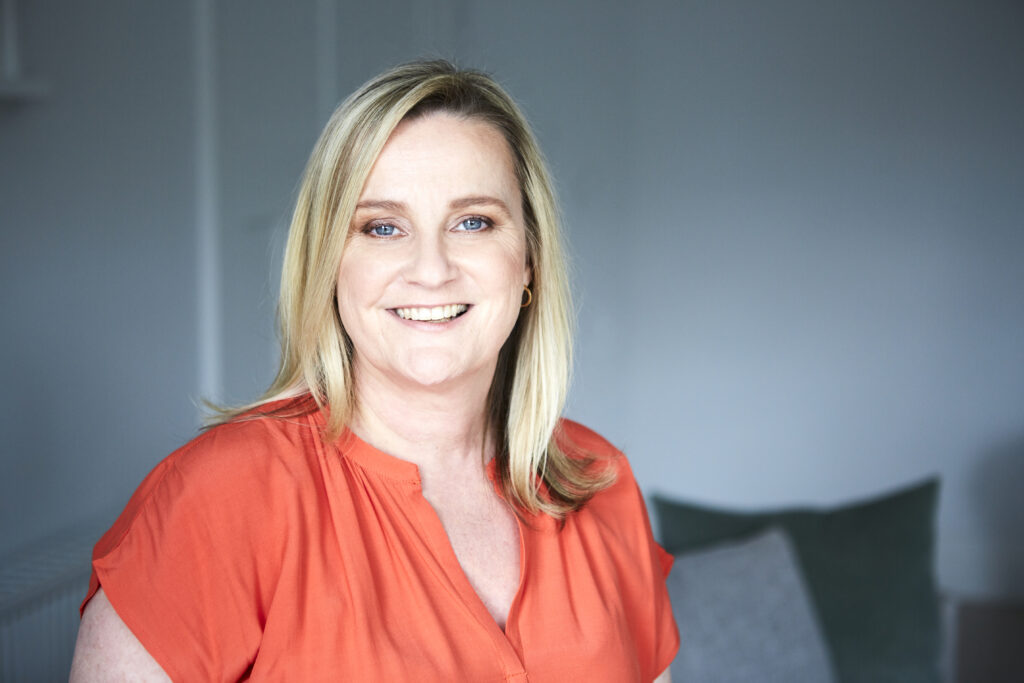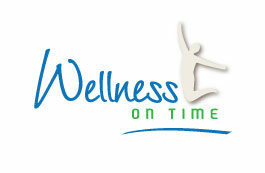It was surprising to discover, yes it is!
When Drinking Too Much Water is a Problem
When we first launched Wellness on Time, we thought that promoting the benefits of drinking water was a good way to start sharing our message of integrating wellness into your every day. It’s easy and accessible for everyone to make a plan to drink more. When I take a water from the tap, and breathe in clean fresh air, I think how lucky we are to live in this wonderful country where that is accessible to all.
As we prepared the blog on the benefits of drinking water, it actually created a dilemma, as there was a lot of conflicting advice on the recommended amount of water to drink each day. In search of solid research, although I found that the old adage of 6-8 glasses per day was a good indication, most of the advice agreed that most people need to drink more than they are currently getting. To my surprise this is not based on any proven science and I discovered a few opinions and research that advise otherwise. Particularly if you experience incontinence issues, you may find reducing your fluid intake helps to solve this. So, although many of us may benefit from drinking more water, the total amount of fluid we drink every day is the important measure. Let’s look at when drinking too much water is a problem.
The following comments come from Adelaide Urogynaecologist and Gynaecologist, Dr Ian Tucker,
MB BS, FRCOG, FRANZCOG, CU and were provided by Continence Foundation of Australia.
1. Suggestions for drinking more water every day.
There are NO suggestions for drinking more water every day and no advantage in drinking water compared to other fluids (with exception of alcoholic beverages). One should drink only when thirsty.
2. Is it possible to drink too much water?
There are dangers in drinking excessive fluid. It can increase circulating blood volume putting strain on the heart which may be a problem in people with existing cardiac disease.
Excessive fluid intake may cause electrolyte imbalance with subsequent cardiac arrhythmias, increase peripheral oedema (fluid retention), worsen incontinence issues etc.
3. What is the recommended amount of water that we should drink each day?
The normal urine output is 1.5L/24hours. Approximately 1000mls of fluid are obtained through our daily food intake, and 500 ml of fluid is lost due to breathing and perspiration. Therefore no more than 1000ml should be taking in extra fluids – i.e. 6cups or small glasses a day (including intake of tea, coffee etc.) to allow a normal urine output of 1.5litres/24hours.
Obviously this will intake will need to be varied on hot days and at times of significant exercise but even then, the urine output should be approximately 1.5L/24hours.
Important to remember:
Excessive measured urine output (polyuria) may be an indication of diabetes. In this situation, the high sugar levels result in increased/excessive urine production and the individual will feel more thirst and consequently drink more.
Dr Tucker provided his comments for us via the Continence Foundation of Australia (the peak national body working to improve quality of life of all 4.8M Australians affected by incontinence). If you would like more information on the Continence Foundation click here.
We also asked Dr Bill Sukala (PhD, MSc, AEP) a Sydney-based nutritionist and exercise physiologist who provided a few useful tips for us to include in this article.
1) What is the recommended amount of water to drink per day?
Though the age-old adage to drink 8 cups of water per day (~2 litres) is not supported by any hard evidence, it is easy to remember and is probably adequate for most people. More appropriately, it is 2 litres of “FLUID” you want to drink per day, which includes water and other beverages, along with fluid-containing foods like juicy oranges and watermelon (excluding alcohol).
If you do a lot of exercise or participate in sports, particularly in hot environments, then your fluid needs may increase significantly. You’ll want to drink liberally to ensure a normal internal body temperature.
2) Is it possible to drink too much water?
While water is necessary for life, too much of a good thing is not always a good thing. I am aware of a documented case of a woman dying from water intoxication after guzzling over 8 litres water for a radio contest. So yes, implausible as it sounds, it is possible to drink too much water.
(article: )
For more health related information from Dr Sukala www.drbillsukala.com.au
Feature on how much water to drink on ABC’s Catalyst.
A Catalyst episode provided details on a study lead by Dr Michael Farrell from the Florey Institute in which they discovered that the brain automatically regulates how much water we need to drink making the mantra “drink eight glasses of water a day” obsolete.
They found that when participants were sipping water when thirsty, they showed a pleasant sensation in the brain, however when sipping water when not thirsty the brain reacted in a different section of the brain which was not a pleasant sensation and the reaction was to stop the swallowing mechanism.
They also found that 20-40% of our liquid intake can be gained from other food and beverage intake and even moderate tea or coffee intake (not alcohol).
They also found that it is possible to overhydrate and in some cases this was fatal, sighting a case of a marathon runner who took excessive amount of water at once. The main concern seems to be around rapid intake which then doesn’t give the brain enough time to adjust.
Note: that the study found that in people of 70 years of age or more the thirst mechanism did not trigger the response to drink more which means that the elderly are more at risk of not drinking enough fluids particularly in warm temperatures.
To watch the Catalyst segment click here
The findings of this research seem to support, Dr Tucker’s and Dr Sukala’s advice above.
So where does that leave us on the advice to drink more water?
In Summary:
• If you are looking at your fluid intake and wanting to manage your health and wellness, water is definitely better than sugary (or artificial sweetner) alternatives.
• Note the advice on other fluids you intake excludes alcohol and mentions tea and coffee intake in MODERATE amounts.
• Drink when you’re thirsty and in smaller amounts.
• The recommendations given do indicate 1-2 litres a day depending on your circumstances which is where the 6-8 glasses most likely comes from. If you’re drinking more than this you may be drinking too much.
• In warmer temperatures and during exercise you may need to drink more.
• If you are thirsty and/or urinating often for no apparent reason then see your doctor as they may suggest that you to take a test for diabetes.
I follow this tip that I read years ago, which is a good indicator of your how your fluid intake is affecting you is by the colour of your urine. The advice is that with the exception of your first pee for the day, for the rest of the day your urine should be straw colour or pale yellow. See some recommendations here
And don’t panic – be aware of when you’ve eaten beetroot or taken a vitamin B tablet!
Do we still think there are benefits of drinking more water? Whilst there may not be any real rules on how much water a person should drink each day. The important thing to keep in mind is, listen to your body, and to drink when thirsty. During long periods of exercise or in warmer weather you may need to drink more.
Water as nature’s own super drink may be more beneficial for you than drinking soft drinks (soda) or other drinks with additives. So instead of drinking more fluids, it may be better to swap out some of your daily drinks for water.

Natalie Pickett is the Founder and CEO of Wellness on Time – An online wellness program to help you to integrate wellness into your everyday routine.
The new Wellness on Time – 28 Days of Wellness program delivers wellness activities to your inbox every day for 28 days for only $1 a day. Follow the link to join here.
